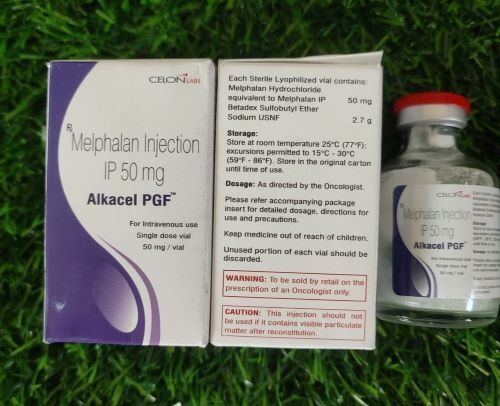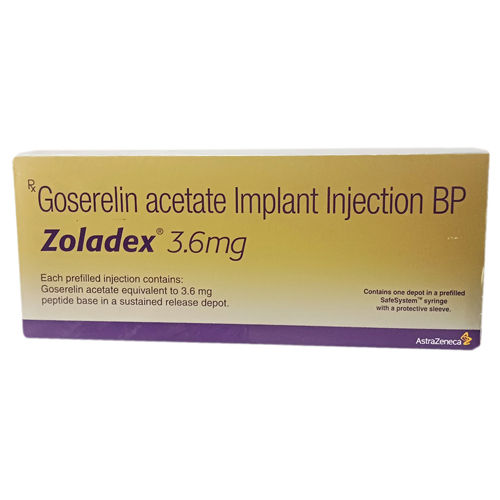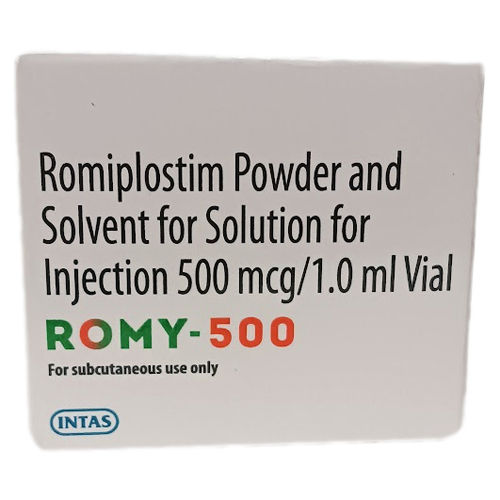Melphalan Injection
उत्पाद विवरण:
मूल्य और मात्रा
- 5
व्यापार सूचना
- प्रति सप्ताह
- दिन
उत्पाद वर्णन
Alkacel PGF 50mg Injection is usedto treat cancer of ovaries and a type of cancer of bone marrow called multiple myeloma. It may be also used to treat other conditions, as determined by the doctor.
Here are some frequently asked questions (FAQs) about Melphalan Injection:
-
What is Melphalan Injection?Melphalan Injection is a chemotherapy medication used to treat various types of cancer, including multiple myeloma, ovarian cancer, and melanoma.
-
How does Melphalan Injection work?Melphalan works by interfering with the DNA of cancer cells, ultimately leading to their death. It belongs to the class of alkylating agents and works by adding alkyl groups to the DNA molecule, which prevents the cancer cells from dividing and growing.
-
What conditions does Melphalan Injection treat?Melphalan Injection is primarily used in the treatment of multiple myeloma, a cancer of the plasma cells in the bone marrow. It is also used in the treatment of ovarian cancer and melanoma, as well as certain other types of cancer.
-
How is Melphalan Injection administered?Melphalan Injection is administered intravenously (into a vein) by a healthcare professional in a clinic or hospital setting. The dosage and frequency of administration will depend on the patient's specific condition, medical history, and treatment plan.
-
What are the common side effects of Melphalan Injection?Common side effects of Melphalan Injection may include nausea, vomiting, diarrhea, mouth sores, decreased blood cell counts (leading to anemia, increased risk of infection, and easy bruising or bleeding), hair loss (alopecia), and fatigue. Other less common but more serious side effects may occur, including allergic reactions, liver toxicity, and kidney damage.
-
Who should not take Melphalan Injection?Melphalan Injection may not be suitable for everyone. Patients with severe bone marrow suppression, severe kidney impairment, or a history of severe allergic reactions to Melphalan or any of its components should not take Melphalan Injection. It's crucial to inform your healthcare provider about your medical history and any medications you are currently taking before starting treatment.
-
Is Melphalan Injection safe during pregnancy and breastfeeding?Melphalan Injection may cause harm to a developing fetus and is not recommended for use during pregnancy. It is also not known whether Melphalan passes into breast milk, so breastfeeding is typically not recommended while receiving treatment with Melphalan Injection. It's essential to discuss the risks and benefits with your healthcare provider if you are pregnant, planning to become pregnant, or breastfeeding.
-
Are there any interactions with other medications?Melphalan Injection may interact with certain medications, including other chemotherapy drugs and medications that affect kidney function or blood cell counts. It's crucial to inform your healthcare provider about all medications you are taking, including prescription drugs, over-the-counter medications, vitamins, and supplements, to avoid potential interactions.

Price: Â
- 50
- 100
- 200
- 250
- 500
- 1000+







 संपर्क करें
संपर्क करें मुझे निःशुल्क कॉल करें
मुझे निःशुल्क कॉल करें
